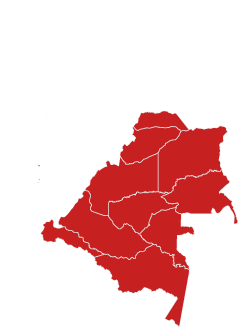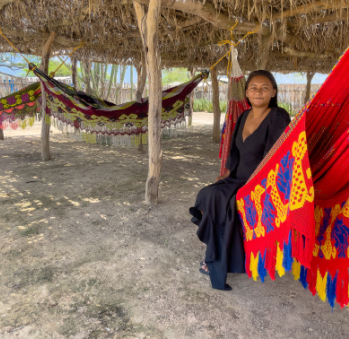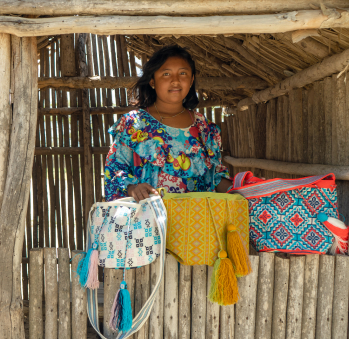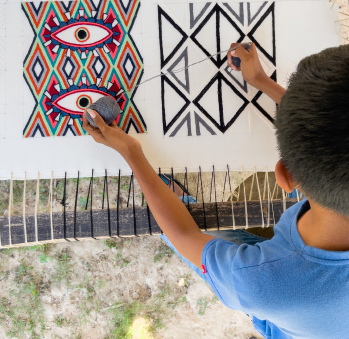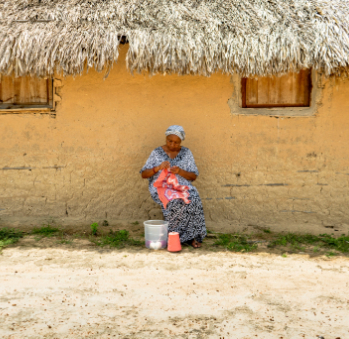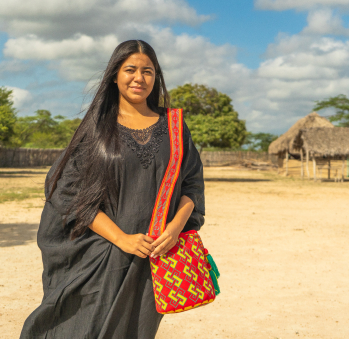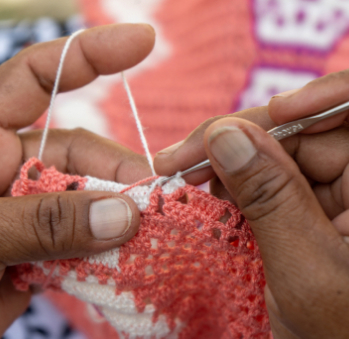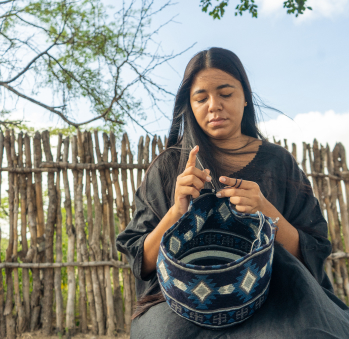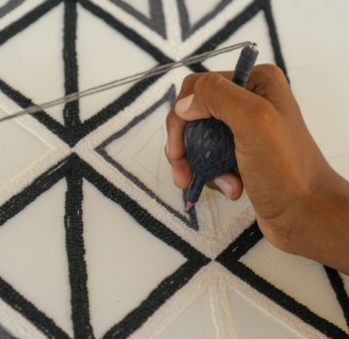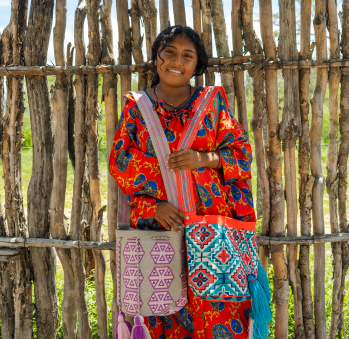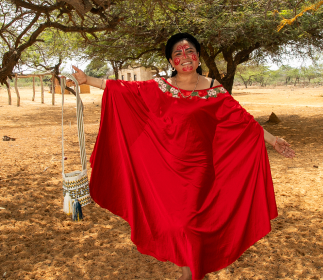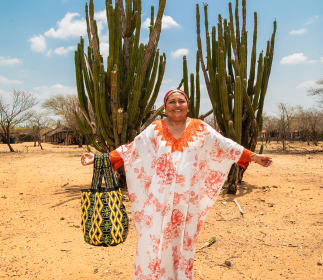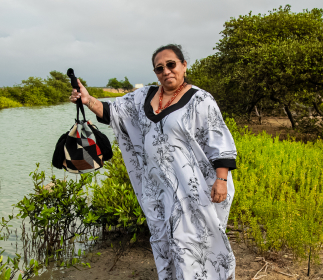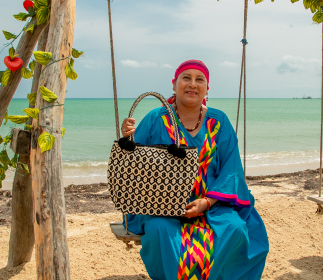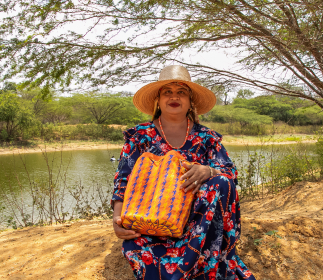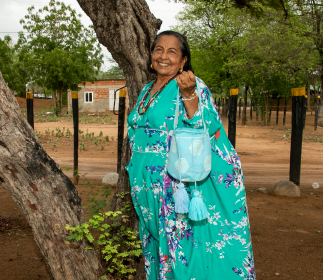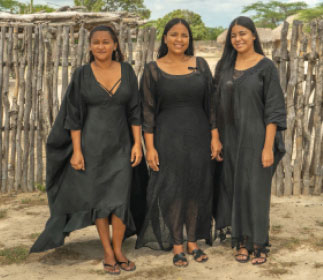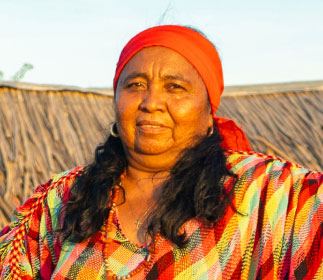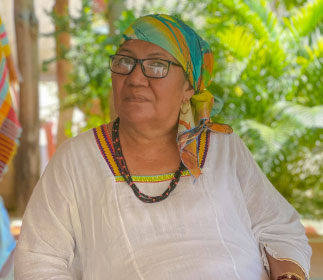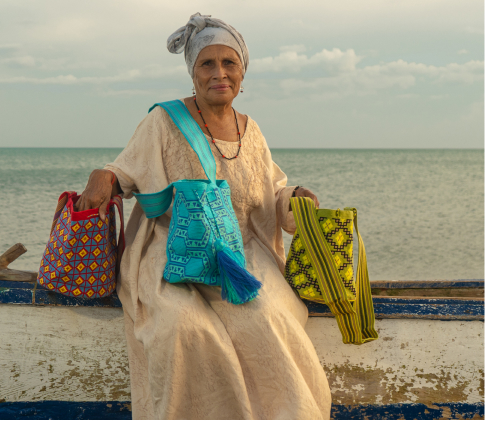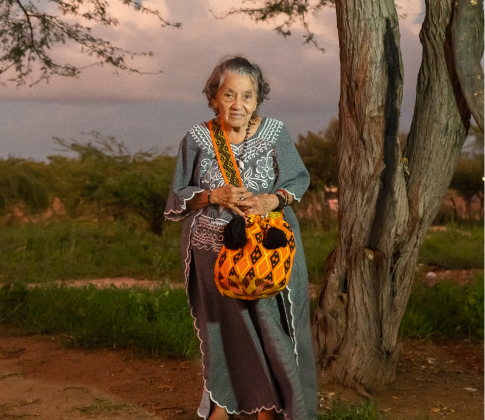Ixela, Blanca y Ángela Sabino Acosta
Workshop: Asociación de tejedores wayuu Iwouyaa
Craft: Tejeduría
Trail: Riohacha - Nazareth Route
Location: Riohacha, La Guajira
SCHEDULE YOUR VISIT
Km 17 vía a Valledupar
3135617561
ceciliatours@gmail.com
@iwouyaa_artesaniaswayuu
The spinner of life
Whoever thought that Cecilia Acosta’s legacy would die with her was very mistaken. She dedicated herself to teaching everything she knew as if she was aware her time was short. She taught her three daughters: Ixela, Blanca, and Ángela. She also taught many other girls and women who are now experienced craftswomen and continue the legacy of Wayúu culture. She herself followed the legacy of her great grandmother, her grandmother, and her mother. She also prepared her three sons to become storytellers when their time came.
She always worked to maintain the tradition and connection to the land. She used to say that she had learned to weave “the yarn of life” since she was seven years old. She had also heard her mother, Ángela, say that her grandmother’s confinement lasted seven years. When she came out of it, not only was she a master in weaving, but she already also had hundreds of suitors.
In this coming-of-age ritual, every Acosta woman learned to perfect how to weave chinchorro hammocks, how to use the loom for making cloth, and how to make the knots and cords that with which to craft mochila bags. They also understood the meaning of the kaanás, which are shapes that depict states of nature or movements. For instance, kaanás can portray the star that indicates the arrival of spring, or the mark left on the ground by the donkey when it is tied up. The latter is where her workshop’s name comes from: Iwoúyaa.
Cecilia was always interested in giving. Hence, it was only natural for her to develop a project that would allow her to give as much as she pleased. For this reason, she studied tourism operations. She also led crafting and ethno-tourism projects in the Ranchería Iwouyáa, where she was the traditional authority. When they go there, tourists can immerse themselves in the culture of the region in a comfortable, fun, and respectful way. In addition, she created an ethnic education school called El Paraíso more than 30 years ago alongside her sister. Its purpose was to educate Wayúu children: to teach them their language, their ways of thinking, and their history, as well as to respect and value their community.
She invented a way of transmitting her community’s wisdom through weaving, food, dance, and cultural activities. It all started with a project for only seven children. Today, she has 11 schools that teach almost 1,500 children from preschool to 11th grade. Her schools were her pride and joy, as were the craftswomen she worked closely with. Now, her legacy will be continued through by her daughters. Ixela is especially committed to this task: she has already promised to keep Cecilia’s legacy alive.
CECILIA ACOSTA
(1966-2021)
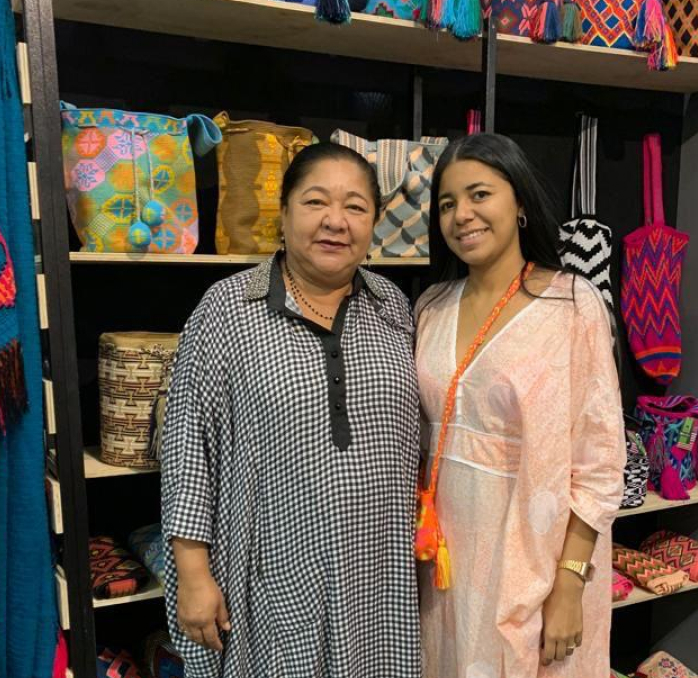
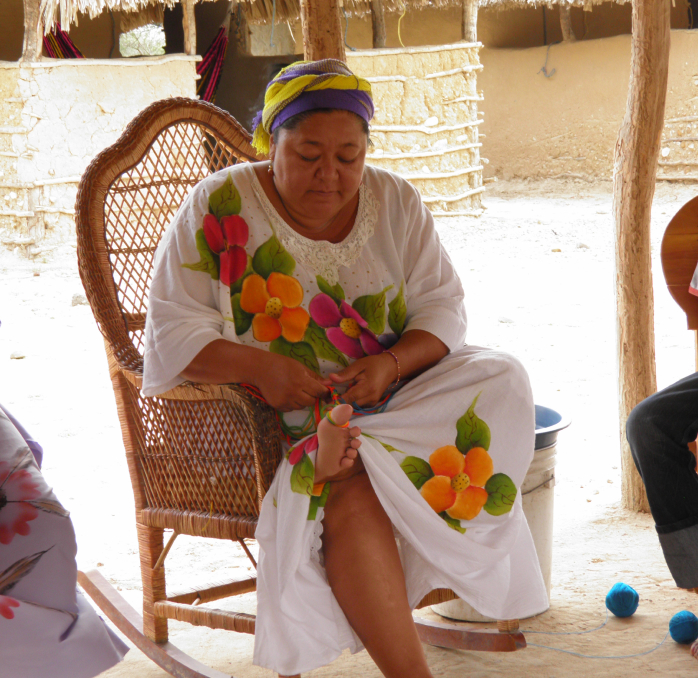
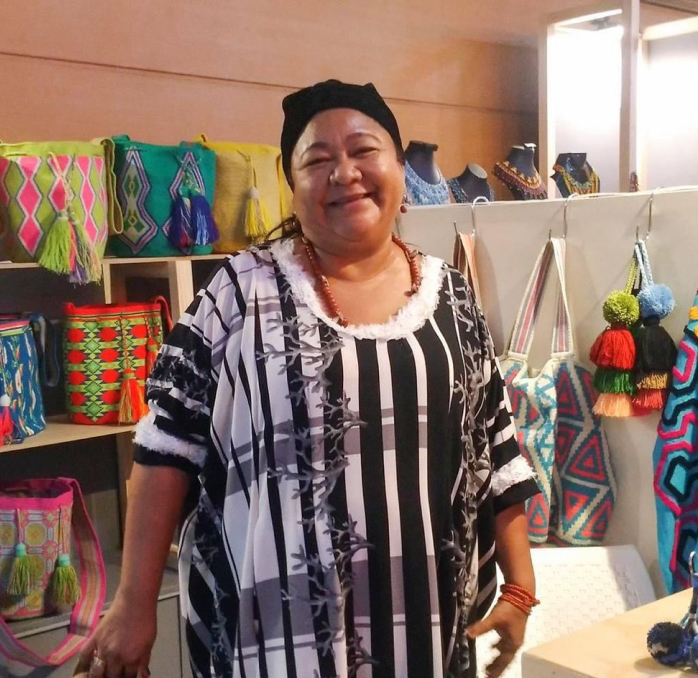
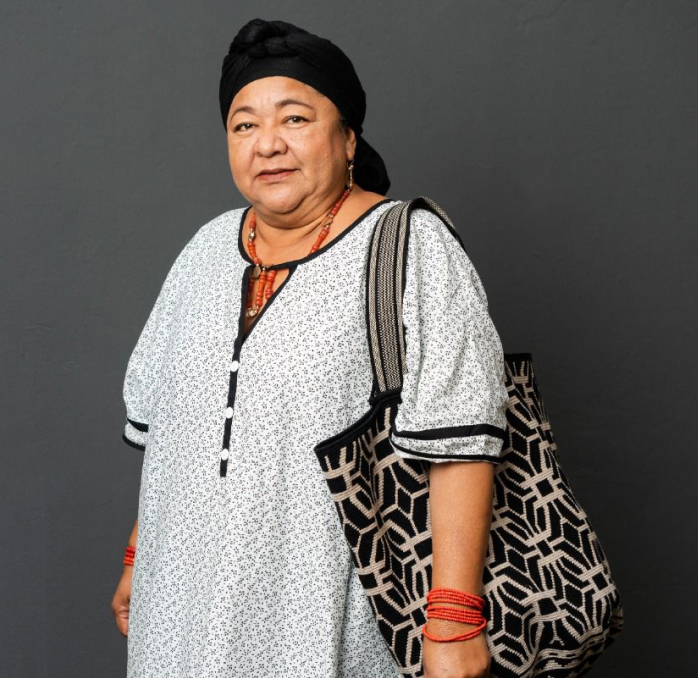

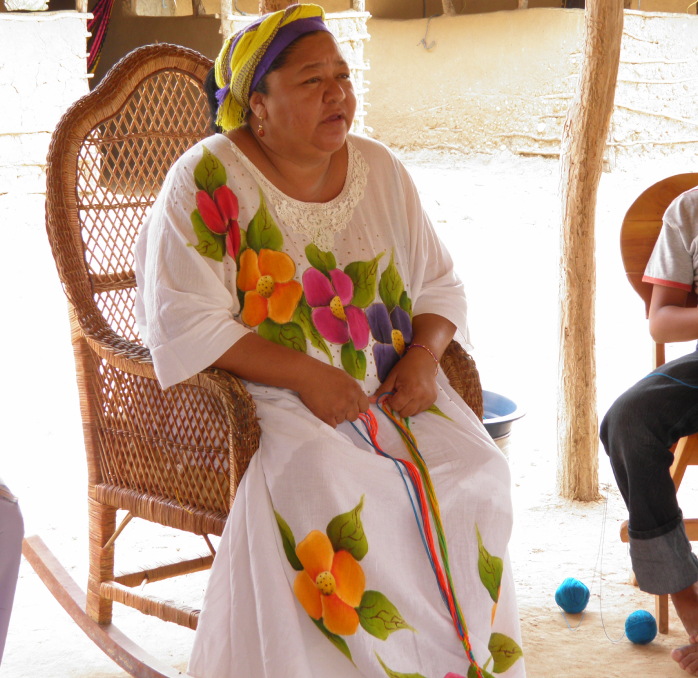
Craft

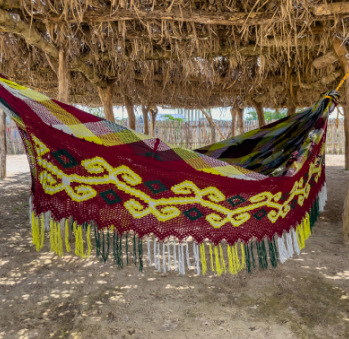
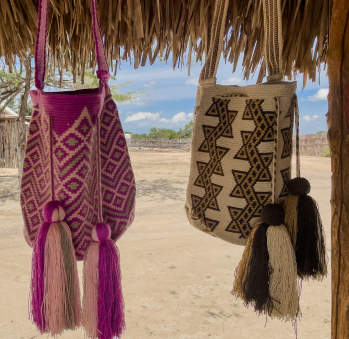



Artisans along the way
Artisans along the way
No puede copiar contenido de esta página

